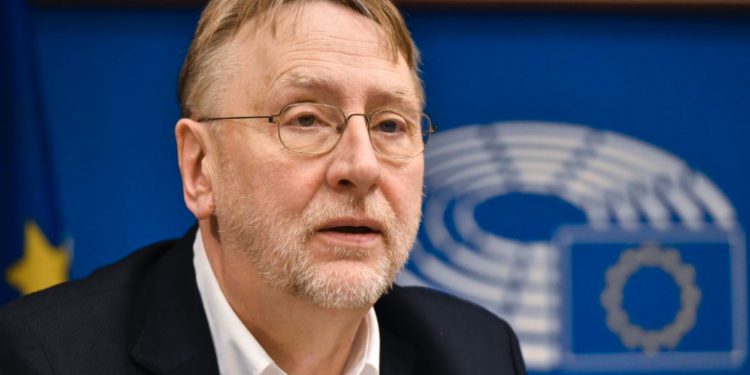The European Parliament in Strasbourg has voted to strengthen laws banning products made by forced labour from the EU market.
Its resolution says that when authorities detain and seize goods at EU borders, the burden of proof will be shouldered by the importer to prove the supply chain is not tainted by slave or forced labour.
The resolution calls for public and private investment to help develop slave-free capacity in those supply chains that will be affected.
It calls for a public list of sanctioned companies, states and people to be devised and kept up to date. The public database about suppliers that pose a risk will reduce the administrative burden on companies, it says.
EU companies could be expected to disclose information about subsidiaries, suppliers, sub-suppliers, contractors and business partners, “with due regard for commercial confidentiality”. Guidelines will be developed to help companies set up supply chain-mapping processes.
The resolution stresses the importance of “cooperating with like-minded partners to put an end to forced labour globally and ensure that goods made by forced labour are not traded.”
It refers specifically to the Uyghurs in the Xinjiang Uyghur Autonomous Region, the mistreatment of workers at the Linglong tyre factory in Serbia and environmental protests in Serbia, against further lithium mining by Rio Tinto.
The chair of the EU Trade Committee committee, Bernd Lange has said, “The EU needs to step up in the fight against forced labour and join forces with allies around the globe to combat these inhumane practices.”
According to the Commission, 160 million children – one in ten worldwide – are in child labour, and 25 million people are working in forced labour conditions.























